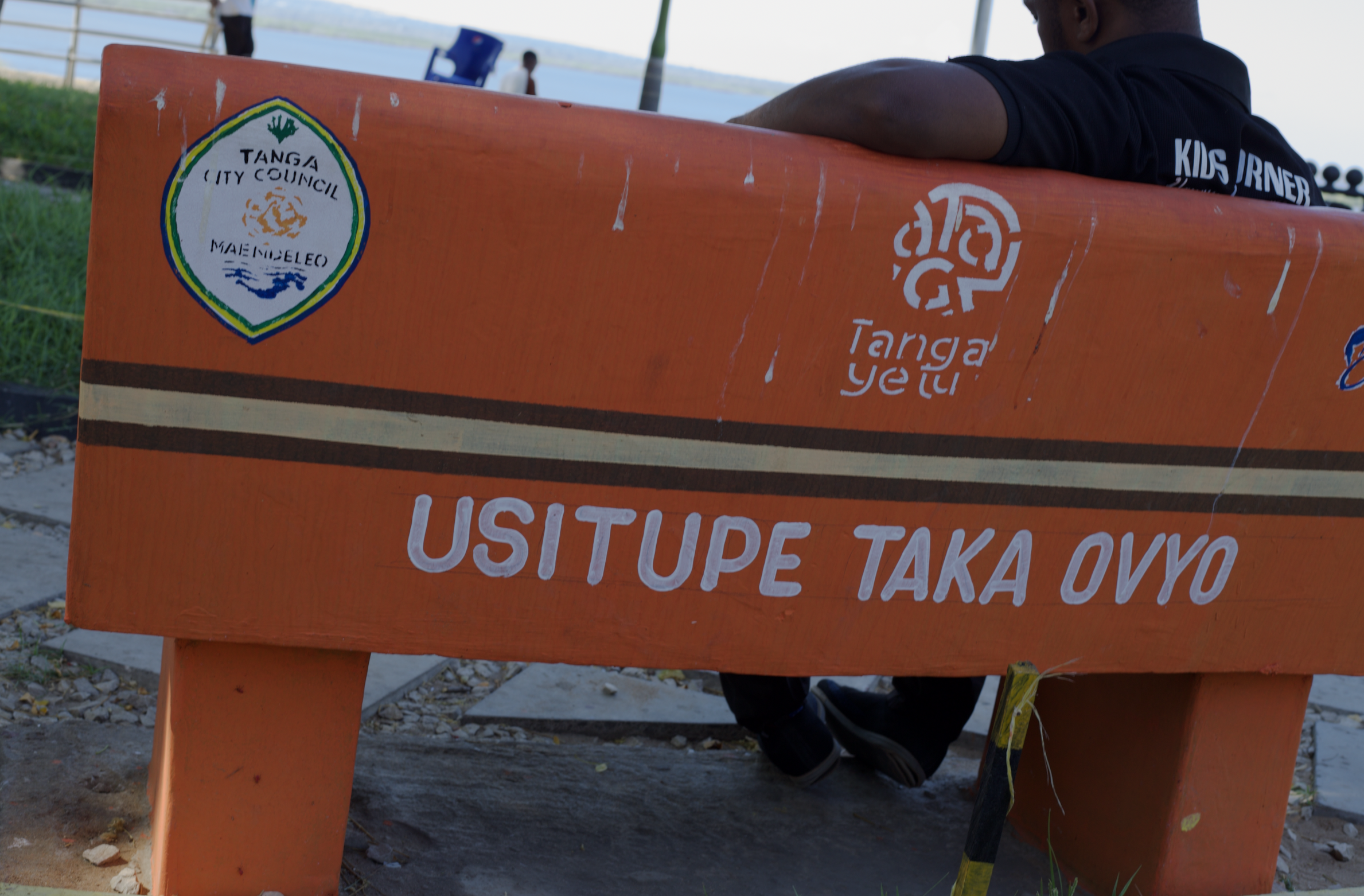
By Anthony John
As the Senior Manager for Strategic Partnerships and Programs at the Africa Academy for Public Health (AAPH), Amani Tinkasimile has dedicated the past two years to leading a truly groundbreaking project aimed at comprehensively addressing adolescent health challenges within Tanga City. By strategically harnessing longitudinal data and powerfully leveraging digital technologies, Amani and his dedicated team have meticulously laid the foundational groundwork for sustainable health interventions that possess immense potential to be replicated across diverse urban settings throughout sub-Saharan Africa.
The cornerstone achievement of this transformative project was the collaborative co-development of a standardized survey instrument, meticulously crafted in direct partnership with the Tanga City Health Management Team (CHMT). This robust tool, actively utilized across both schools and communities, effectively collected critical data on an extensive range of adolescent health indicators. These included vital information on nutrition, sexual and reproductive health (SRH), mental and physical well-being, WASH (Water, Sanitation, and Hygiene) practices, substance use, and patterns of health services utilization. This comprehensive, multi-faceted approach ensured that the project addressed the diverse and intricate aspects of adolescent health, making its impact both profound and truly inclusive.
The overall impact of the project was substantial and far-reaching, directly reaching an impressive 1,037 in-school adolescents and 237 out-of-school adolescents. Beyond these significant numbers, the project catalyzed profound changes by actively reducing health risks through the precise identification of key health challenges prevalent in the community, such as widespread malnutrition, emerging mental health issues, and critical gaps in SRH knowledge. This data-driven insight empowered local stakeholders to effectively prioritize and strategically tackle these pressing issues. Adolescents received vital, accessible health information through user-friendly digital platforms and informative pamphlets, which actively encouraged the adoption of healthier lifestyles and significantly raised awareness about essential health practices. Furthermore, local healthcare providers and managers received specialized training to proficiently utilize digital tools and expertly lead impactful health campaigns within schools and communities, thereby substantially enhancing the quality and accessibility of service delivery for adolescents.
The robust findings generated from the project also played an absolutely crucial role in powerfully shaping local policy discussions and significantly raising public awareness. They directly informed deliberations within the Tanga City Council, profoundly elevating the profile and urgency of adolescent health challenges on the municipal agenda. Moreover, the project’s compelling results were prominently featured at the high-profile 2023 Afya Check campaign, further amplifying community awareness about these critically important public health issues.
Navigating Challenges and Lessons for Replication
Despite its clear successes, the project inevitably encountered several significant challenges. These included limited resources, which sometimes constrained the full potential for co-designing and pilot-testing comprehensive interventions, particularly in resource-intensive areas like nutrition and SRH education. Another challenge stemmed from the inherent limitations of digital data collection, which occasionally made it difficult to definitively ascertain whether survey responses were truly from adolescents or their parents/guardians, especially in situations where shared mobile phones were commonly used.
Crucially, the success achieved in the Tanga project has provided invaluable lessons and a practical blueprint for effectively scaling adolescent health initiatives in other urban centers across sub-Saharan Africa. As an integral component of the broader ARISE Adolescent Health Survey, this project has directly informed similar commendable efforts in diverse cities such as Ouagadougou, Addis Ababa, Accra, Ibadan, Durban, and Kampala. Tinkasimile confidently envisions the rich Tanga experience as a foundational blueprint for diligently building healthier, truly youth-friendly cities across the entire continent.
Key insights for future scaling include:
- Inclusive Engagement: Engaging both in-school and out-of-school adolescents is crucial to effectively tailoring interventions to the diverse needs and contexts of various youth sub-groups.
- Data-Driven Continuity: The comprehensive groundwork has been meticulously laid for the repeated, longitudinal collection of adolescent health data, which will continually inform future interventions, policy adjustments, and strategic planning.
- Fostering Synergy: Regular quarterly meetings among TangaYetu implementers and dedicated boot camps for beneficiaries could significantly foster greater synergies and facilitate the invaluable exchange of lessons learned and best practices.
- Systematic Documentation: Proper and meticulous documentation of all activities, successes, and challenges will strategically position Tanga as a powerful case study, offering invaluable learning opportunities for other cities striving for similar health transformations.
A Vision for a Healthier African Future
Reflecting on the project’s significant achievements, Amani expressed profound optimism for the future of adolescent health in urban settings:
“This is truly an exemplary project, not just for Tanzania, but for all of Africa. Meticulous and proper documentation will immensely benefit other cities, allowing them to learn from our experience as a compelling case study and build even healthier, truly youth-friendly cities,” he articulated with conviction.
He strongly emphasized the paramount importance of sustained collaboration, long-term sustainability, and continuous innovation in driving significant health outcomes for adolescents within complex urban environments. Through its innovative and strategic use of data and digital tools, the project has brilliantly highlighted the immense potential of targeted, evidence-based interventions to fundamentally transform adolescent health landscapes. Amani Tinkasimile’s visionary leadership has not only demonstrably improved lives in Tanga but has also set an inspiring precedent for scaling these impactful approaches across the broader African continent.
“This is simply a starting point for long-term, profoundly impactful change,” he noted. “By working together collaboratively, we can collectively build healthier and brighter futures for all young people.”
